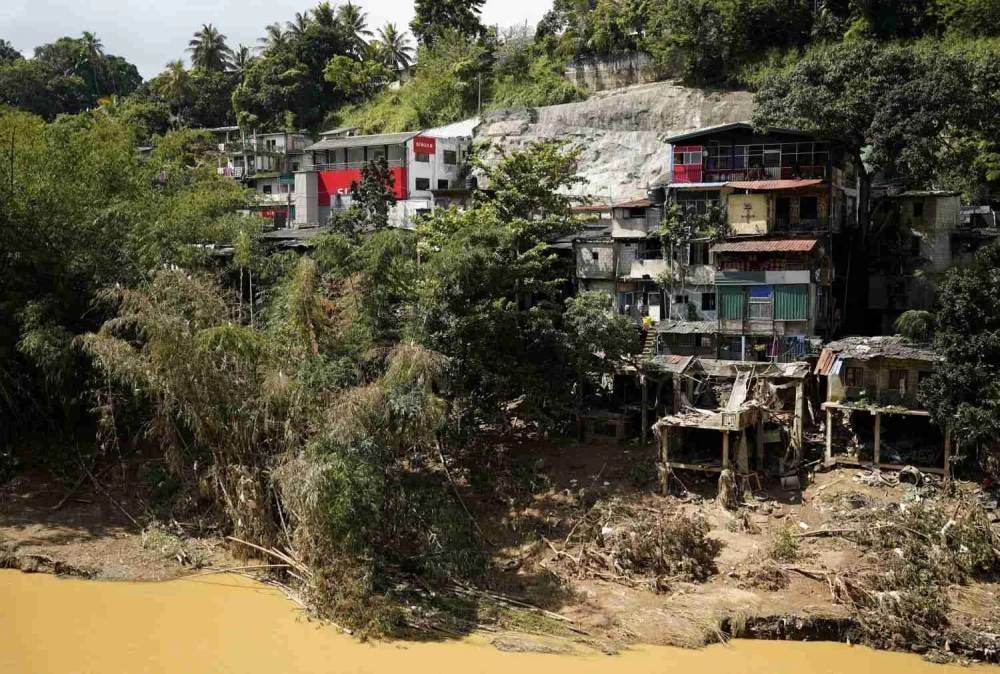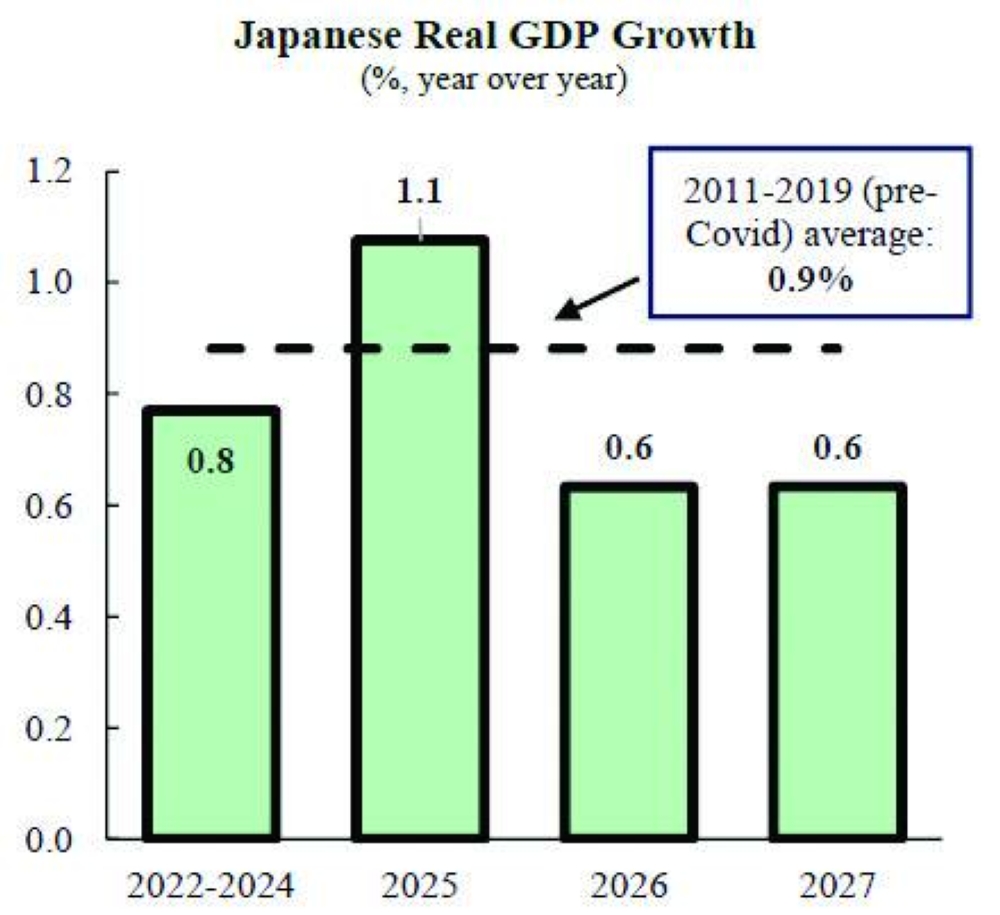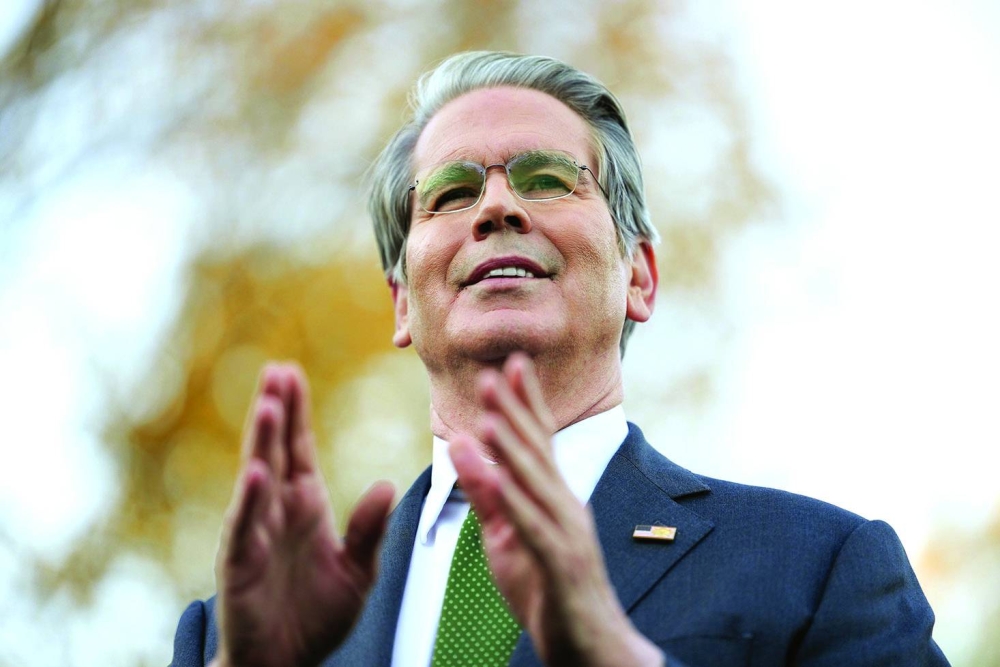This week, Airbus got a brutal reminder that even the world’s most-delivered jet — the A320 — isn’t immune to shocks as disparate as solar flares and flawed metal. Days after recalling 6,000 A320-series planes over a software glitch linked to cosmic radiation, the European giant was forced to slash delivery targets when defects surfaced in some of their fuselage panels.The twin setbacks — one rooted in astrophysics, the other in basic metallurgy — underscore how fragile success can be for a planemaker that dominates the busiest corner of aviation and is on track to outpace Boeing for a seventh straight year.“As we put one thing behind us, we have another,” CEO Guillaume Faury told Reuters as he weighed how many aircraft could be affected by problems with the thickness of panels.Last Friday, Airbus issued surprise instructions to airlines to revert to a previous version of software in a computer that directs the nose angle on some jets, several weeks after a JetBlue A320 tilted downwards, injuring about a dozen on board. It blamed the issue on a vulnerability to solar flares that could, in theory, have caused the plane to lurch downwards — a brush with the sun reminiscent of Greek mythology as airlines scrambled to deal with a flaw nicknamed the “Icarus bug”.The rollback happened faster than expected but within days Airbus was grappling with a more humdrum issue threatening to cut short the year-end rush in plane deliveries: the discovery of flawed fuselage panels.The glitch, first reported by Reuters last Monday, caused a sharp sell-off in the company’s shares as investors pondered how it would hit already shaky delivery targets for the year. Within 48 hours Airbus had cut its target by 4% and on Friday it confirmed deliveries had already slowed in November. The two unrelated setbacks came weeks after the A320 series, including the best-selling A321, surpassed the recently troubled Boeing 737 MAX as the most-delivered passenger jet in history.“Airbus is at present an A321 machine,” said Agency Partners analyst Sash Tusa. “That extreme concentration on a single model has both strengths and vulnerabilities.”The broader A320 medium-haul family accounts for most Airbus sales and the ‘vast majority’ of profit, he said, adding there were inconsistencies between Airbus lowering delivery targets and maintaining financial forecasts.Airbus shares were down around 3% over the week having dropped as much as 11% last Monday. As the week ends, Airbus is under pressure from official investigators to supply more data on the software grounding as well as pushback from some airlines reluctant to take delivery without new guarantees on affected fuselage parts, sources said. It also faces lingering questions about supply chains.Airbus has been at odds with some of its suppliers over plans to raise production to meet strong demand for air travel. Unions and suppliers say quality snags such as the panel problem at a Spanish supplier highlights how some are struggling. Airbus said that the industrial flaw was not a safety issue. It has said previously that supply chains are improving overall after being thrown into disarray by the Covid pandemic.In particular, the fuselage snag highlights concerns over one of the weakest parts of the industry: the aerostructures firms which make parts that are never replaced, cutting them off from spare parts sales that have been highly profitable for others. Insiders said Airbus’s week-long crisis began last Thursday in the charged atmosphere immediately following an appeals trial of Airbus and Air France for corporate manslaughter over the crash of an A330 in 2009 — charges both strongly deny. Engineers probing the JetBlue incident had just concluded that a software update designed to make it harder for A320s to stall even when their normal defences are accidentally disabled — echoing the loss of control on AF447 — may have removed a backup layer of protection used to correct solar interference.But with the cosmic particles leaving no trace, Airbus’s findings on JetBlue were hypothetical and there was no proof, sources said, prompting the precautionary recall decision.“We are used to this in space, it’s not uncommon,” Faury said. “We discovered that we had a vulnerability on the software on that computer, so we had to deal with it.”Experts said the incident was a reminder of aviation’s exposure to Earth’s bombardment by rays from deep space or the sun, an issue raised by a landmark Boeing/IBM study in 1995 but increasingly relevant as modern jets use more electronic chips.“It’s an alarm... the international community needs to work in unison to make sure that we further understand this phenomenon,” cosmic radiation expert George Danos, president of the Cyprus Space Exploration Organisation, said.
Tuesday, February 10, 2026
|
Daily Newspaper published by GPPC Doha, Qatar.












